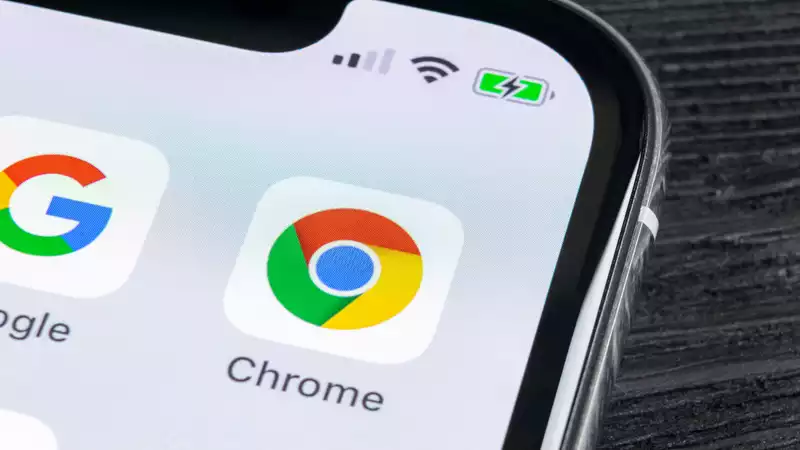Google has introduced password protection for its "Web and Activity" logs.
This is good news for privacy-sensitive users, as this activity page contains a vast trove of user data, including YouTube viewing history and Google search history. It can also be accessed from any device that is logged in with a Google account.
Most of our digital lives rely on some form of Google device or product to navigate the web. Whether it is the best Android phone or a chrome browser, our activities are compiled and stored for later review through the My Activity Services page.
My Activity stores not only YouTube and search data, but also daily app usage and Google Maps browsing logs. Since all of this data is sensitive information, Google has a special security layer to keep it under tight control.
Starting last week, when you visit the "My Activities" page (via 9to5Google), you will see a small notification: "Be more secure with Google - you can add security to your My Activities by turning on additional authentication." This bubble points to a new section under "Google protects your privacy and security."
In this new section, choose Manage or Disable in the bubble, or click Manage My Activity Verifications. From there, another pop-up window will appear with an option to "Request Additional Authentication" which will turn on the new password protection feature.
Once this is turned on, anyone attempting to access the My Activity section will be required to click a confirmation button and enter the correct Google account password before being granted access to the treasure trove of user data.
According to Google, "When you turn on additional authentication, Google will verify that it is indeed you before viewing or deleting your entire history in My Activity. This helps keep your history more secure on shared devices.
An important note here is that this setting only applies to My Activity. So please be careful.
It's good to see Google getting down to the nitty-gritty of its services, especially when it comes to security measures. Of course, this new feature reflects a commitment to improving user security more broadly, alongside the news earlier this month of mandatory two-factor authentication to strengthen the security of users' accounts, as highlighted at Google I/O 2021.
Details Chromebook vs Windows 10: Which is best for you?










Comments